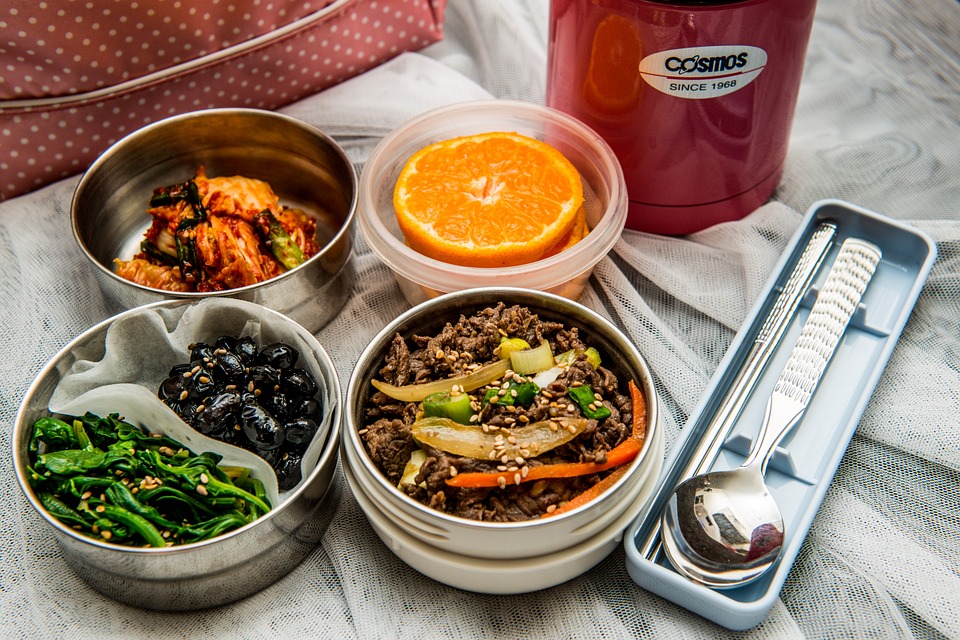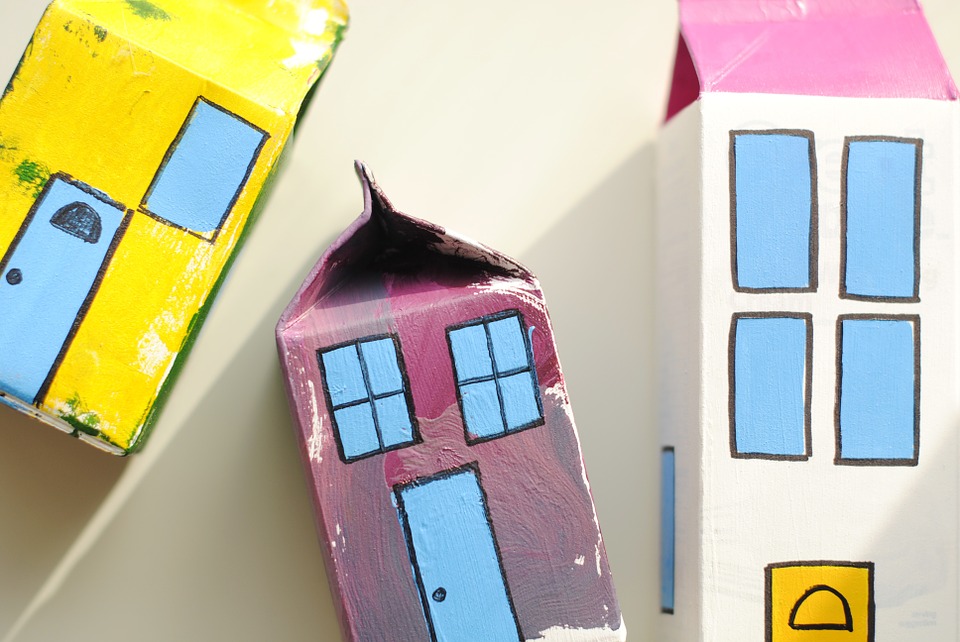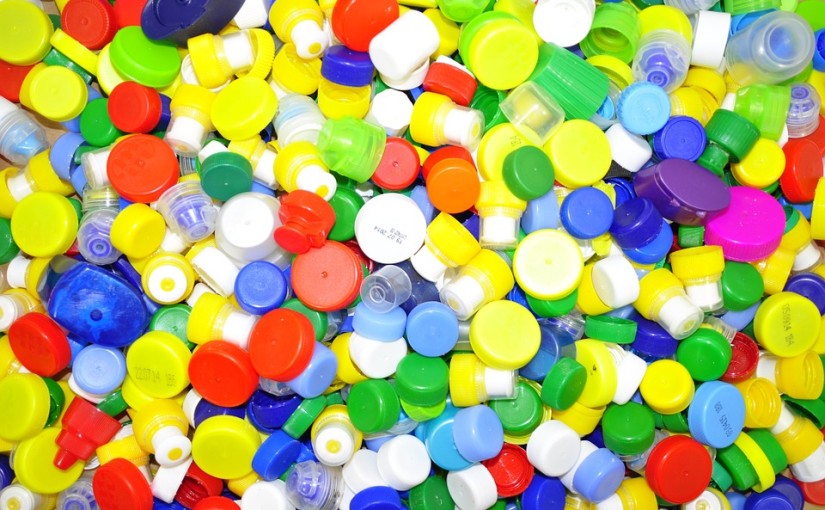Statistics tell us that adults in the UK are slowly but surely getting better at recycling – especially since the introduction of the fairly recent plastic bag charge, which has forced people to think about their actions – but what about our children? Waste and recycling is tackled by the National Curriculum in schools from Key Stage 1 now, but we all know that kids tend to learn some things better through example rather than simple spoken word. Meaning, if you don’t engage your child in recycling at home, they are less likely to be interested in it, or do it themselves when they are older.
So, how can you get your child into recycling at home? Follow our tips below.
Lead by example
Children love to pretend to be adults, so if your little one sees you reusing and recycling at home (and when you are out and about) they are far more likely to want to do the same, and learn more about what it is you are doing. Pique their interest early on, and normalise your actions.
Make recycling fun
Help your child to learn about recycling in a fun way by setting up a home recycling centre, with different boxes for each type of recyclable. This will be a great game for a small child. Label each box, and let your child explore the world of recycling through learning about the different types and choosing which box to place each item in. Why not make up a song about recycling which you can sing when you’re doing this?
Take the bins out with the kids
Let your little one get involved in taking the recycling out to your bin, and putting the bin outside the house to be collected. Not only will this make them feel included and important, but it will also get them thinking about what happens to the recycling; where does their waste go after the truck has been and collected it?
Pack a green lunchbox

Aim for a zero waste lunchbox for your kids – make it fun, and over time explain why it is better than a lunchbox full of items in plastic wrappers and new plastic bottles. This will no doubt have a positive impact on what your child is eating too; pre-packaged food often contains additives that aren’t found in fresh or home-cooked foods.
Start a compost bin or wormery
Setting up a compost heap will get children interested in food waste and how it can be recycled into compost rather than being sent to landfill. Following this up with gardening sessions using your compost would cement the lesson, and help them understand.
Get crafting

Why not have regular craft sessions with your child, where you make fun things from rubbish? Think Blue Peter, and collect items such as toilet roll tubes, plastic bottles, paper and bottle tops for your creations. You’ll be surprised at what you can make with items you’d usually pop in the recycling bin.
Play online games
Many children love playing games on tablets or computers, so try directing them towards recycling related games such as this one by Science Kids, in which the player sorts waste into recycling or compost.
Featured image credit: Pixabay
